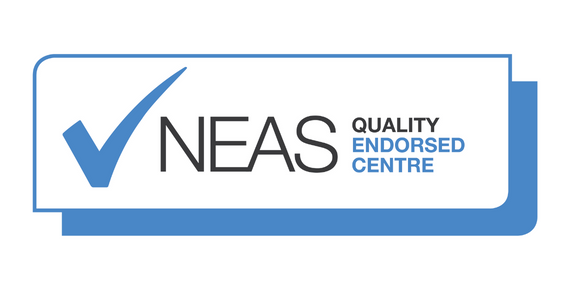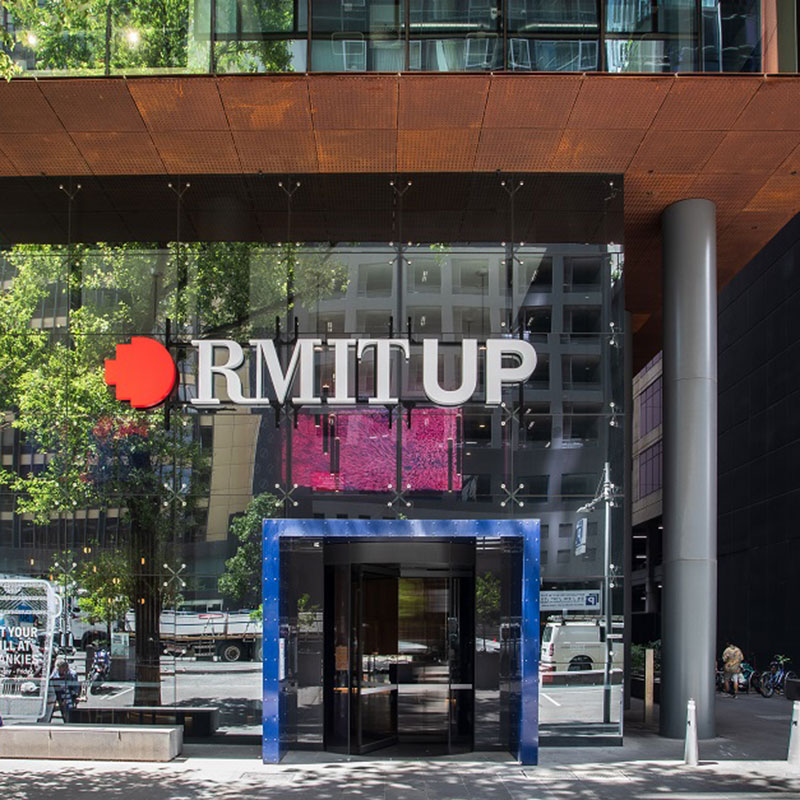
English for Academic Purposes (EAP)
PRE-UNIVERSITY STUDY
Reach the level of English you need to gain direct entry to RMIT with an English for Academic Purposes course.

-
You're viewing program information for local students.
RMIT considers you a local student if you are:
- a citizen or permanent resident of Australia, or
- a New Zealand citizen, or
- a person seeking asylum who holds either a: Temporary Protection Visa (TPV), or Safe Haven Enterprise Visa (SHEV) or Bridging Visa E or Humanitarian Stay (Temporary) visa or Temporary Humanitarian Concern Visa.
Asylum seekers who reside in Australia and study onshore are required to pay international onshore tuition fees for higher education courses.
If you are unsure or hold a different visa type, please contact Study@RMIT for more information.
Not a local student?
-
You're viewing program information for international students.
RMIT considers you an international student if you are:
- intending to study on a student visa, or
- not a citizen or permanent resident of Australia, or
- not a New Zealand citizen, or
- not a a person seeking asylum who holds either a: Temporary Protection Visa (TPV), or Safe Haven Enterprise Visa (SHEV) or Bridging Visa E or Humanitarian Stay (Temporary) visa or Temporary Humanitarian Concern Visa.
If you are unsure or hold a different visa type, please contact Study@RMIT for more information.
Not an international student?
Student type:
- Learning mode:
- On campus
- Entry score:
- Fees:
- Next intake:
- Every 5 weeks
- Location:
- Melbourne City
- Learning mode:
- On campus
- Entry score:
- Fees:
- Next intake:
- Every 5 weeks
- Location:
- Melbourne City









